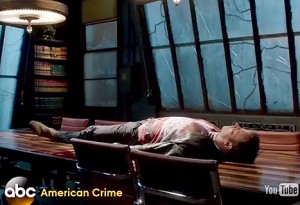And I’ve seen that in my own life. I’m one of those people who’s not not reading as many ebooks as before.
In the beginning I was excited to download books instantly whenever, wherever. Forget two-day delivery with Amazon Prime. If I wanted a book on my iPad at 3 AM, voilà–and the font and page color could even be adjusted. How cool was that?
But then the books started massing and I lost track of how many there were, unlike being able to see and sort the TBR pile in my study. I know, not a problem the Pope had to address at the UN, but still–
Then I noticed that far too many ebooks, from all sorts of publishers, seemed badly proofread, if at all. Spacing was off, typos were bizarre, sometimes whole sections or chapters were in italics. As an author and reviewer, I know errors creep into books, but this was a level of sloppiness that felt new to me.
Another contributing factor: Dealing with insomnia after a car accident, one solution recommended by experts was to avoid e-readers (and laptop or PC screens) at night because of the light interfering with my sleep cycle, so that forced me to cut down.
But I had found myself drifting away from ebooks anyway by that point. I’m an extrovert and can be easily distracted. I turn to reading as a form of meditation. I want to be completely lost, mesmerized by storytelling whatever the genre. Holding a device where I can check my email or the news can break the spell.
More than that, I still enjoy the physical feel of an open book in my hands, especially a hardcover. I relish the sensuous experience of turning the page, marking passages I enjoy, making notes, comparing pages–things that are totally different experiences with ebooks.
However, I rely on ebooks for trips at home and abroad. Back in the day, I could never decide what exactly to take with me and either packed too many books or the wrong ones. That never happens anymore. And if it somehow does and there’s absolutely nothing that interests me left on my iPad, I can still browse wherever I am.
If the WiFi is good….
So what about you? Are you reading more ebooks than you used to? Are you reading fewer? Or about the same? Why?
Lev Raphael is the author of The Edith Wharton Murders and 24 other books in genres from memoir to horror.



